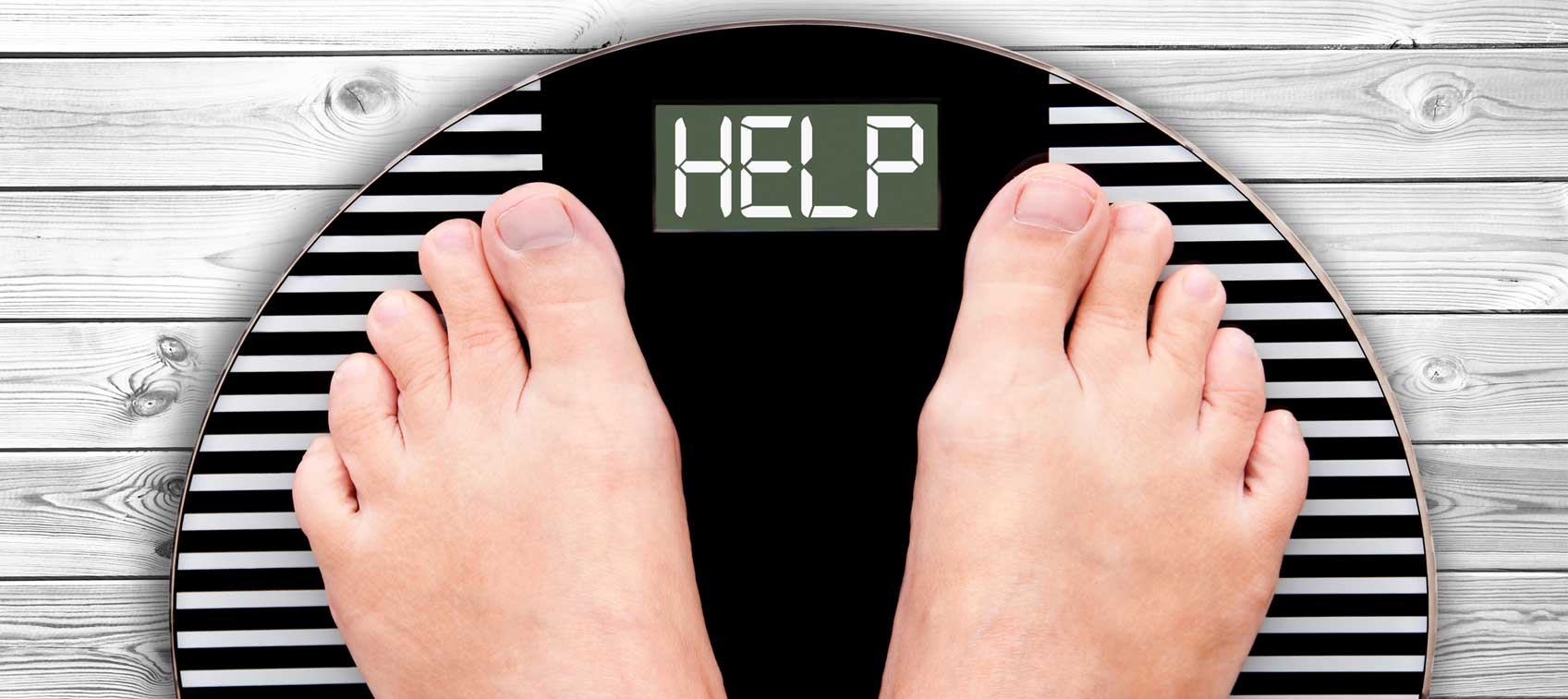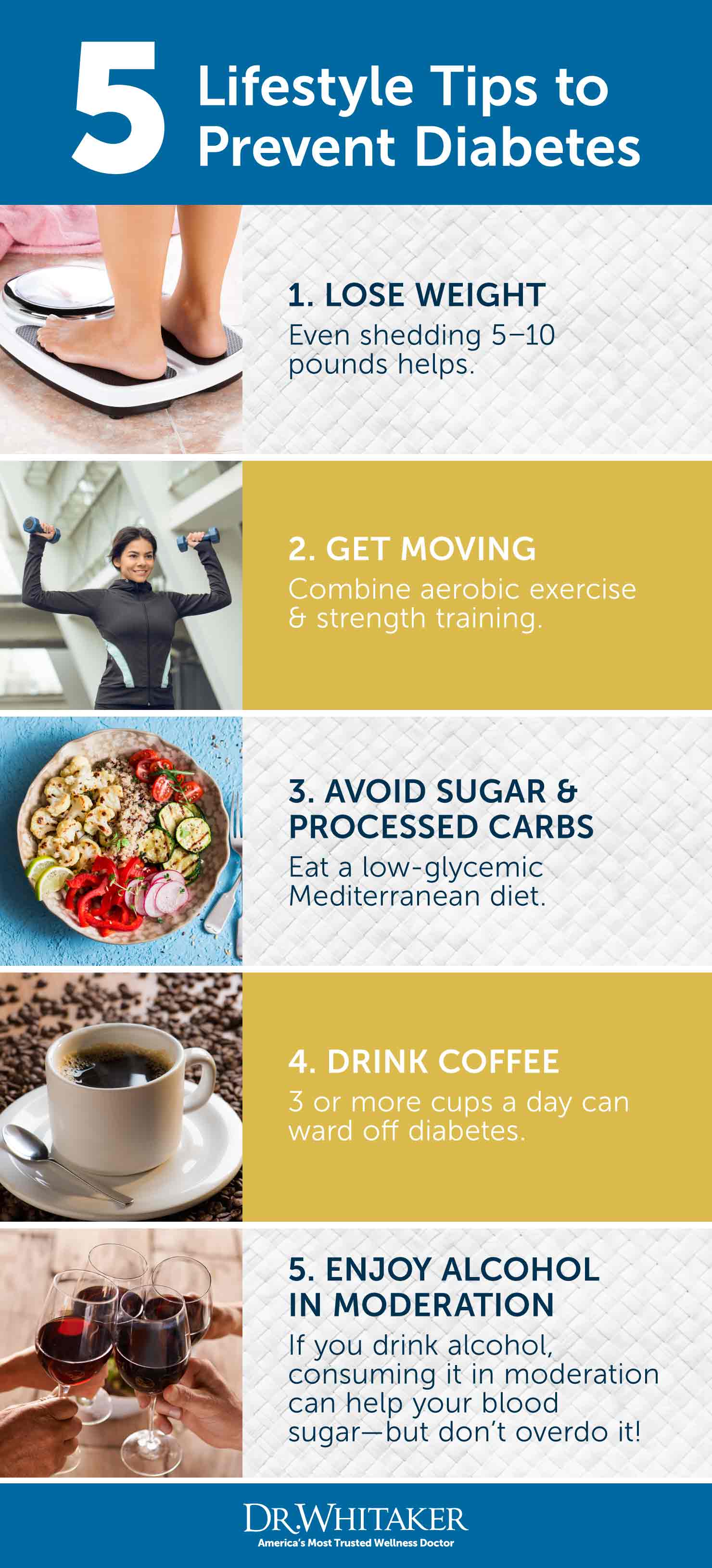
Are you overweight? Inactive? Over the age of 40? Then you likely have prediabetes and need to see your doctor. That’s the message of a multimillion-dollar public health campaign currently underway to increase awareness of prediabetes.
Diabetes is an insidious disease, and I’m all for anything that will turn the rising tide. However, I’m not convinced that diagnosing 84 million Americans—one in three adults—with a new disorder is helpful. Proponents claim a diagnosis is a wake-up call that will encourage people to exercise, eat better, and lose weight. But lifestyle changes and weight loss are hard, and when half-hearted efforts fail, the next step is a prescription drug.
We’ve been here before with prehypertension (borderline high blood pressure), pre-osteoporosis (osteopenia or low bone density), pre-heart disease (elevated cholesterol)… All these preconditions ended up slapping disease labels on millions of essentially healthy people and driving many of them onto unnecessary, often harmful drug regimens.
What Is Prediabetes?
Prediabetes is diagnosed when a fasting blood sugar, oral glucose tolerance, or hemoglobin A1C test is higher than normal but lower than the diabetes range. For example, an A1C (which gives an average of blood sugars over the previous three months) below 5.7 percent is considered normal, above 6.4 is indicative of diabetes, and 5.7–6.4 is the gray area they’re calling prediabetes.
According to the campaign website, “People with prediabetes are on the road to develop type 2 diabetes within several years.” This just isn’t true. Studies suggest that perhaps 30 percent of very high-risk individuals who make no therapeutic changes do develop diabetes. However, it is also estimated that just 5 percent of those on the low end of the prediabetes scale (5.7–6.0 percent) progress to full-blown diabetes.
I’m not saying to ignore blood sugar. We routinely tested A1C at the clinic and underscored the importance of preventing and controlling diabetes and its many complications. My beef with prediabetes—or pre-anything for that matter—is that by design or by chance, it leads to more and more medications.
Drugs Aren’t the Answer for Prediabetes
The most common drug prescribed for prediabetes is metformin. The renowned Diabetes Prevention Program Outcomes Study, which involved more than 3,000 high-risk patients, demonstrated that participants who took 850 mg of metformin twice a day had a 31 percent lower risk of developing diabetes than those in the placebo group.
But here’s the interesting part. A third group in this study, which was assigned to lifestyle interventions (weight loss, diet, exercise), had a 58 percent lower incidence of diabetes. Lifestyle changes also reduced the prevalence of metabolic syndrome by one-third, whereas metformin had no effect. In fact, hypertension and lipid abnormalities increased in the metformin and placebo groups.
I believe metformin is the safest of the diabetes drugs, but it is far from benign. Side effects include nausea, stomach upset, vomiting, diarrhea, rare hypoglycemia and lactic acidosis, and vitamin B12 deficiency. However, as this study shows, drugs don’t hold a candle to natural therapies.

Lifestyle Changes for Prediabetes
If you want to focus on just one thing to prevent or treat diabetes, make it weight loss. You don’t have to get down to your fighting weight or fit into your wedding dress to reap benefits. Losing just 5–7 percent of your initial weight, say 10–15 pounds, makes a difference.
Lifestyle changes in the Diabetes Prevention Program weren’t draconian: simply a healthy diet and at least 150 minutes of exercise per week. A combination of aerobic exercise and strength training to increase muscle mass is ideal for improving weight, blood sugar, and insulin sensitivity. As for diet, a low-glycemic Mediterranean diet works best for most people.
Avoid sugars and processed carbohydrates and eat mostly nutrient-rich whole foods: high-fiber vegetables, lean protein, eggs, dairy, olive oil, nuts, seeds, legumes, and modest amounts of fruit and whole grains. Other protective items include coffee and, believe it or not, alcohol. People who drink three or more cups of coffee per day are significantly less likely to develop diabetes. And a 2017 Danish study found that one or two drinks three or four days a week reduced risk by about 30 percent. Just don’t overdo it; heavy drinking is damaging on many levels.
Targeted Supplements for Prediabetes
Although lifestyle changes are paramount, I also recommend a daily multivitamin with robust levels of magnesium, which has been shown to improve glucose control in prediabetes; antioxidants to protect against oxidative stress caused by elevated blood sugar; and vitamin D, since deficiencies are linked with increased risk of diabetes.
For added protection, add berberine, chromium, and cinnamon. These three natural ingredients, which have been independently shown to reduce blood sugar and improve insulin sensitivity, are also a proven therapy for preventing diabetes.
In a 2016 placebo-controlled clinical trial, people with prediabetes were randomly divided into two groups and assigned to take either a supplement containing berberine, chromium, and cinnamon or a placebo pill for 12 weeks. When they were retested, those who had taken the supplement had dramatic improvements in oral disposition index (DIo), a predictor of the likelihood of developing diabetes over a 10-year period.
Recommended dosages for these supplements are as follows:
- Magnesium 400–500 mg
- Vitamin D 2,000–5,000 IU
- Berberine 1,500 mg in three divided doses
- Chromium 300 mcg
- Cinnamon 1,000 mg in three divided doses
In summary, a diagnosis of prediabetes is only useful if it motivates you to get serious about lifestyle changes and weight loss. So if your doctor gives you this warning, take action.


